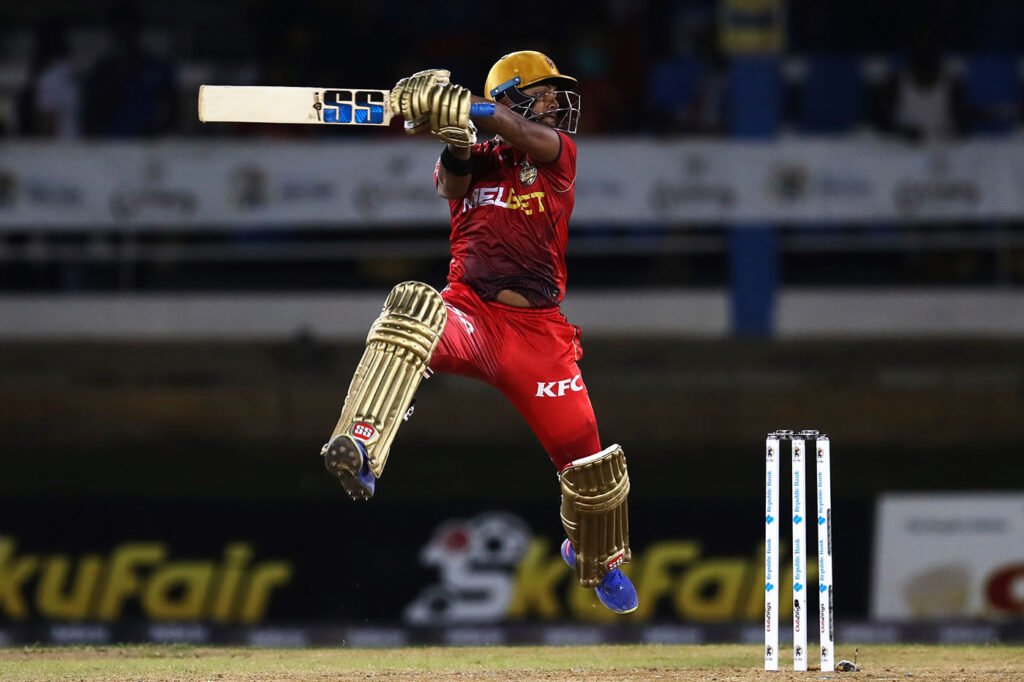Cricket
Match-Fixing Charges in Sports
Article 1: Overview of Match-Fixing Charges in Sports
Match-fixing refers to the illegal manipulation of the outcome or specific aspects of a sporting event, usually for financial gain. Charges related to match-fixing have been a major concern in sports such as cricket, football, and tennis. Authorities across the globe are taking strict actions against players, officials, and bookies involved in such activities.

Key points:
- Match-fixing undermines the integrity of sports.
- It often involves illegal betting syndicates.
- Detection methods include monitoring betting patterns and analyzing player performances.
- Punishments for those found guilty include bans, fines, and legal prosecution.
Article 2: Recent Match-Fixing Scandals in Cricket
The cricket world has faced multiple match-fixing controversies over the years, damaging the sport’s reputation. Some notable cases include the 2010 spot-fixing scandal involving Pakistani players and other instances involving Indian Premier League (IPL) players.
Highlights:
- Investigation agencies use sting operations and undercover probes.
- Players involved are banned from playing for varying durations.
- Governing bodies like ICC have set up anti-corruption units to prevent such activities.
- Fans and sponsors demand stricter measures to protect the sport’s credibility.
Article 3: Legal and Ethical Implications of Match-Fixing Charges
Match-fixing is not only a breach of sporting rules but also a criminal offense in many countries. The legal framework around match-fixing aims to punish those who compromise fair play and to deter others from engaging in such practices.
Important aspects:
- Legal charges may include fraud, bribery, and conspiracy.
- Sports organizations collaborate with law enforcement agencies.
- Ethical responsibility lies with players, coaches, and officials to maintain transparency.
- Educational programs are conducted to raise awareness among young athletes.